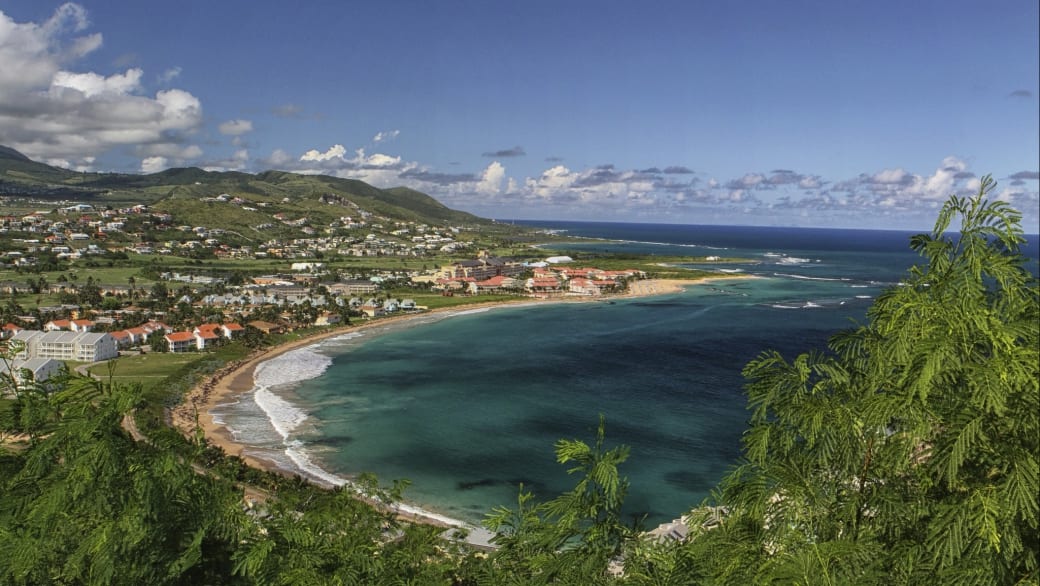From the outside, it can be difficult to tell what life is like for lesbian, gay, bisexual and transgender people in St Kitts and Nevis.
It’s the smallest country in the Western Hemisphere, so relatively few foreign journalists, NGOs or corporations are active there.
And when it comes to finding out information about the status of the LGBT community in the island federation, that’s made doubly difficult. The country’s first LGBT organization, the St Kitts/Nevis Gay-Straight Alliance for Progress, only had its first meeting in January 2016.
Gay sex is illegal in St Kitts and Nevis, though Canadian officials maintain that the country’s police are able to provide adequate protections for queer citizens. Daily Xtra has spoken to three gay men from St Kitts and Nevis who say that violence and harassment against the LGBT community is common and that police do little to stop it.
But Maurice Tomlinson, a Jamaican attorney and LGBT advocate, visited St Kitts and Nevis last summer. Tomlinson and his husband Tom Decker, the Toronto Police Service’s former liaison to the LGBT community, led a four-day training session for uniformed officers in St Kitts.
Tomlinson tells Daily Xtra that he and his husband helped train around 50 people during the four-day training session, including senior-level police officers, fire commissioners and immigration officers.
“I can’t say that there’s a revolution in how St Kitts and Nevis treats its police, but there clearly is a commitment at the very top for there to be a change,” he says. “I suspect there would have to be further trainings to ensure that this trickles down to the level of beat cops.”
But Tomlinson did have a strange experience while he was there.
“I was very disappointed that when my husband Tom and I were there doing this training for a week, we never saw one member of the LGBTI community,” he says. “They were so deeply underground.”
Tomlinson suspects that although there is some buy-in from senior officials, there is clearly resistance from the lower ranks that makes members of the LGBT community feel unsafe to come forward.
When asked if the police in St Kitts and Nevis are able to protect LGBT citizens, like Rolston Ryan, from violence, Tomlinson was unsure.
“There’s a long way from a training to a changed culture as we’ve seen in Canada,” he says. “I cannot personally testify to whether that training would have revolutionized the level of homophobia in St Kitts. What I can say is that at the very top there seems to be buy-in for the need for this kind of training, and the need for this kind of inclusiveness.”
Tomlinson points out the mixed signals sent out by former prime minister Denzil Douglas, who has dominated the country’s politics for two decades.
“The former prime minister made some very progressive statements internationally supporting LGBTI rights,” he says. “But when he was home campaigning, he would regularly resort to homophobic statements on the political platform. So there’s been a disconnect.”
Ultimately, he finds some hope that the climate in St Kitts is beginning to change.
“It is my hope that we’ll go back and do more of these trainings,” he says. “It’s not a big country, so you can make a big impact if you just do a sustained effort.”

 Why you can trust Xtra
Why you can trust Xtra


